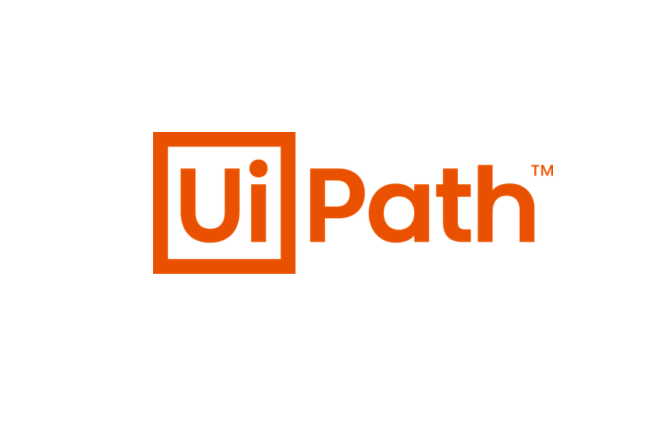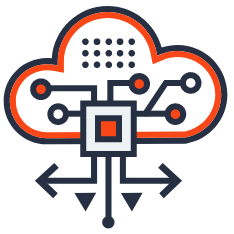As we’re always looking to make automation simpler, we’re working on clarifying some of the more confusing tech terms that you come across in the automation landscape.
In Part 1, we focused on process mining, RPA, AI, machine learning and chatbots. In Part 2, we provide simple answers to critical questions on case management solutions, integration and analytics.
Automating processes doesn’t have to be complicated. That is why we are unpacking and explaining the tech terms that cause confusion.
In Part 1 of this series, we demystified process mining, RPA, AI, machine learning and chatbots. In this post – Part 2 – we answer five questions to help you understand case management solutions, integration and analytics better.
The questions we have answered below are ones we often hear when working with our clients. If you can’t find the FAQ you are looking for, or you have a question specific to your business, please do get in touch and let us know how we can help.
#1 Can we automate a complex, human-centric process?
Automation is not only for processes that follow the same steps every time. It is also not intended to leave humans out of the loop completely.
Some processes are not clear cut and require human input. These are often customer-facing processes, like support ticket management and complaints handling. The good news is that these processes can be easily optimised and automated. You just need to choose the right technology. In this scenario, a case management solution is the ideal choice.
#2 What is a case management solution?
This technology is designed to optimise and automate processes that are complex, or don’t follow a linear path from A to B. This includes processes that involve a mix of human-driven tasks and machine-driven tasks (such as those delegated to a chatbot or RPA robot).
A case management solution orchestrates tasks and data between different people and systems. This happens automatically, so you don’t have to manage this flow of work yourself. You will, however, get an alert if there is a problem or delay.
The case workflow is adaptive, which means it can follow a variety of different routes, depending on the circumstances. It can also bring humans into the loop as required, by escalating the issue to the relevant team member.
The result? You get to transform and automate processes without losing the human touch.
#3 How can we simplify integration in a complex IT environment?
With hybrid work becoming a reality and business growing more global, are you struggling to connect all your data and processes? When you have many different software solutions and apps in play, it can be challenging to get them all to communicate with each other seamlessly and securely. Traditional integration technology struggles to connect different software packages, let alone apps, especially when some are deployed on premises and others in the cloud.
We can help you introduce solutions that make integration simpler. This makes it easier for your teams to collaborate – not just with each other, but also with customers and business partners. A route we often recommend is an integration platform as a service (iPaaS).
#4 What is integration platform as a service (iPaaS)?
An iPaaS solution is a set of tools that makes it easier to automate processes and share data when you work with many different on-premises and cloud solutions. IPaaS standardises and simplifies integration, so you can connect all the IT tools you use. Enter data once and it will be updated across your systems.
Another benefit is that you get more value from your IT team. Rather than having to spend time and budget managing traditional integration points, iPaaS lightens the technical load. To delve deeper into this topic, listen to our podcast.
#5 How can we build data analytics into our processes?
Leading process automation solutions offer analytics tools out of the box. We can help you maximise the value of these, or build custom tools and dashboards for you.
You can use analytics to visualise, track, measure and report on:
- The performance of your workflows and processes
- Process bottlenecks and areas for improvement
- Key metrics, including time and money saved
- Business specific KPIs
- The business impact of your automation technologies
All these insights help you to speed up decision-making and work more efficiently.
We are here to help you make smart technology choices
As process automation pros with deep technology expertise, we can help you apply automation to your business problems in the most efficient and strategic ways.
Being vendor agnostic, we are not locked into any specific technology solutions, which means we are fully focused on finding the right technology for your business and budget.
Supercharge your success
When you are ready to discuss your needs, we are here to help!







